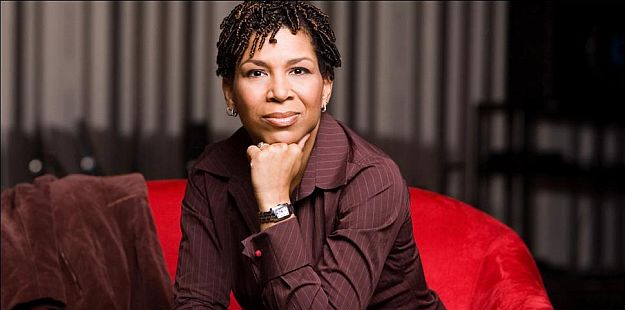NPR Presents Michel Martin Live in New Orleans
Education: New Orleans as a laboratory of change post Katrina

Michel Martin is coming to Detroit on Thursday evening at the Carr Center for a live show with Gospel music, a live spoken word performance, and a panel discussion on the creative forces driving the Motor City. For tickets to the event, click here. In April, she took the stage in New Orleans where the conversation revolved around changes to the public school system in New Orleans.
NPR’s Michel Martin interviews a panel of education activists in New Orleans, including journalist and author of the book Hope Against Hope: Three Schools, One City, and the Struggle to Educate America’s Children (2014), Sarah Carr, advocate Aesha Rasheed, and Douglas Harris, an economics professor at Tulane University and director of the Education Research Alliance for New Orleans. They provide an overview and discussion of the education landscape in New Orleans, focusing on the role and problems of charter schools.
Post-Katrina, New Orleans’ schools have shifted in favor of charter schools. According to panelists, officials embraced charters, believing them to be more flexible and adaptable to student needs than bureaucratic public schools. Officials also promoted charter schools, according to panelists, as a way to promote performance and test-orientation, and to avoid having to negotiate with teacher unions.
- Higher test scores. New Orleans charter schools have delivered higher tests scores, better college attendance rates, and more community engagement in the school system.
- Charters may go too far. High staff turnover, depersonalization, and an overemphasis on testable performance could punish some children and families. While a predominantly charter school system does eliminate many of the problems unique to public schools, these problems indicate that it may go too far to the opposite extreme.
- Race is an issue. Martin and her guests agree that race is an issue for New Orleans schools, both because of teacher demographics and mistrust between local black communities and predominantly white school staffs. Before Katrina, teachers in New Orleans schools were predominantly black while the school board bureaucracy was predominantly white. These demographics have shifted post-Katrina, although it is not clear to what effect.
